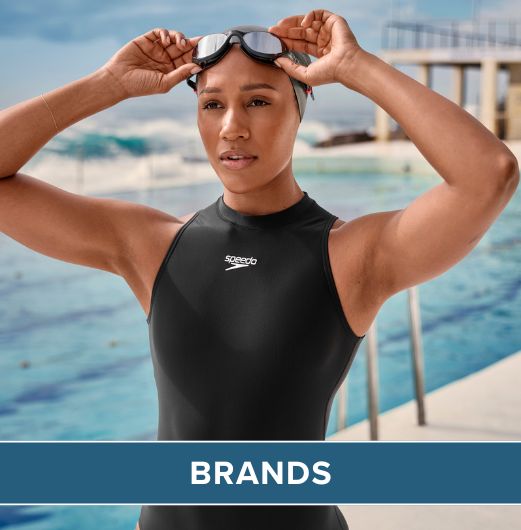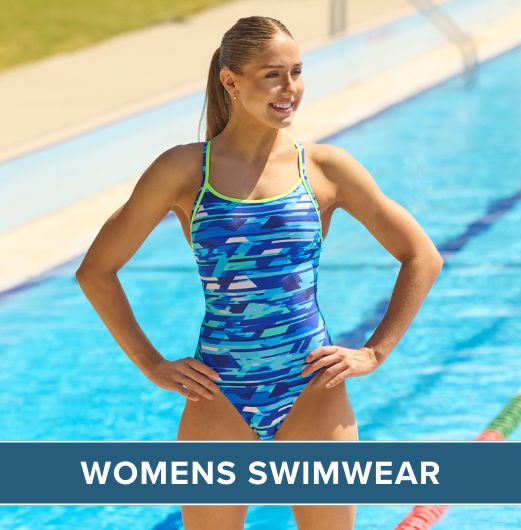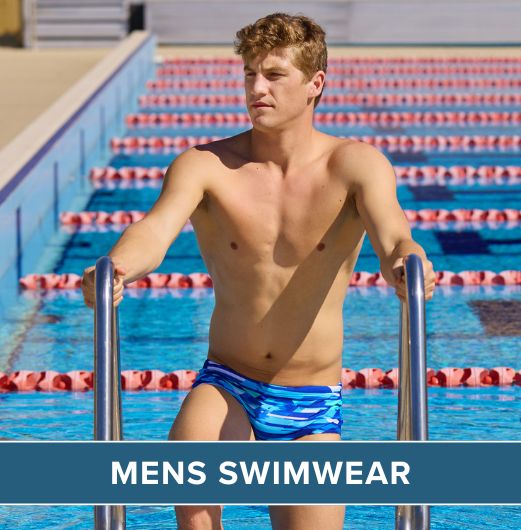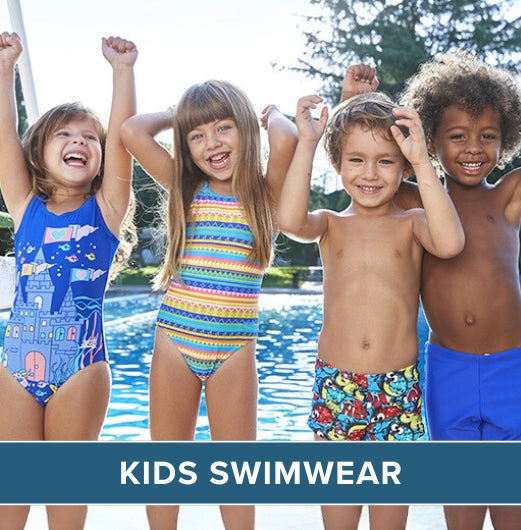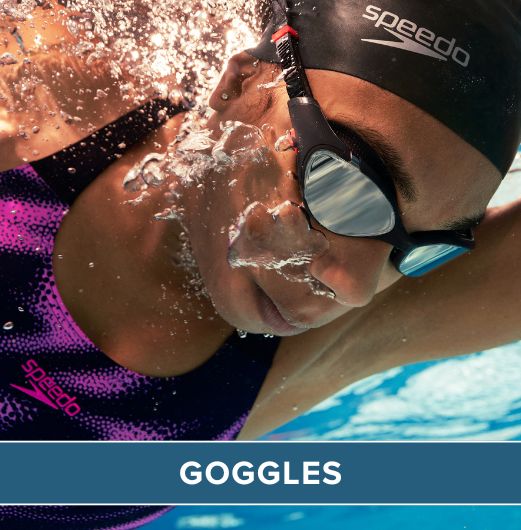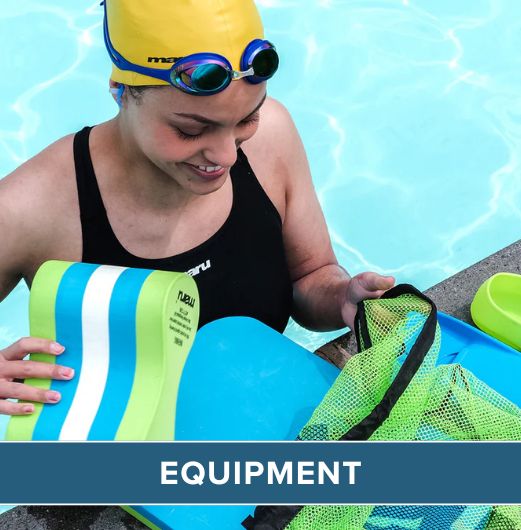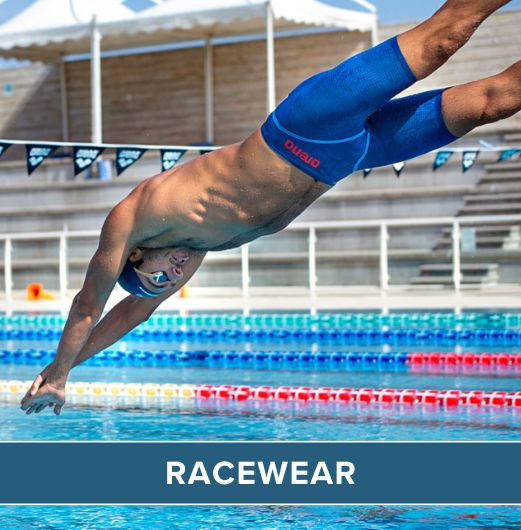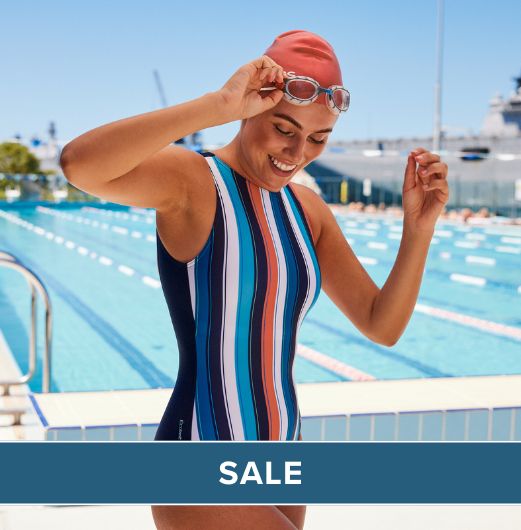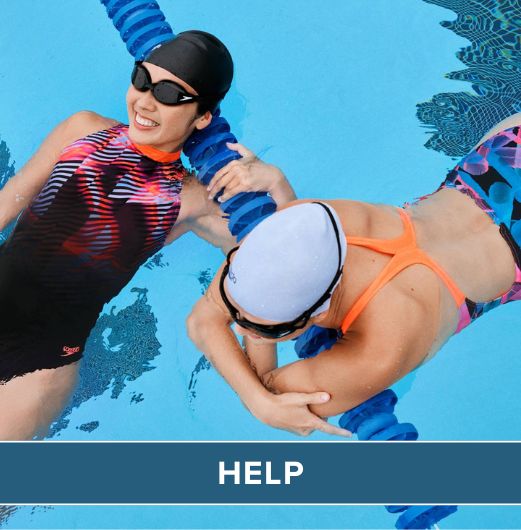Every day parents are seen at every swim meet, at the pool and the swimming practices. They have many questions that they want to know more about. Today we're here to answer the frequently asked questions by all those swimming parents out there...

How many training sessions should my child attend each week?
There is no particular number of training sessions that each swimmer should do. Some swimmers who are at an elite level do seven sessions, others do eleven. It really just depends on the swimmer, their personal swim level and if they have other weekly commitments.
Physical exertion - If a swimmer is attending three sessions in a week, and is constantly tired as a result, and their grades start to slip at school, then even more swimming is not really a sensible option.
Performance - Swim training sessions should always be based on a level of performance. Inevitably two or three swimming lessons a week will not get your child signed up for the Olympic team, and also won't help them achieve a win in a championship meet. For some swimmers that would be focusing a bit too much. Typically one session a week is enough for swim training.
What is the right balance for my child in regards to swimming and having a social life?
Before being a swimmer your child is a child first and foremost. They just happen to love swimming and consider themselves a swimmer. They are also a student and a friend, they could be a member of an after school club, maybe they play a sport, either for their school or a local team. As long as your child is having fun and enjoying the activities they participate in, then it is at the right balance. If they generally become unhappy, start giving excuses to get out of attending or just don't appear themselves then the level of balance has changed. It is good to encourage children to get involved in activities but if it ever makes your child unhappy then it may be best to try something else.
When should a child swimmer specialise in a stroke?
Most swimmers will grow into a specialised stroke. When they have developed physically and mentally, they will take on their own stroke. There are no benefits in encouraging child swimmers into a particular stroke, it will just happen when you least expect it.
Do swimmers need to have a special diet?
Swimmers do not need to have a special diet unless they already have special dietary requirements from a condition and have been advised to by their doctor or GP. However, some of the best foods that can help swimmers to stay healthy and give them energy are:
Carbohydrates like rice, bread and pasta. Lean quality proteins like meat and fish. Plenty of water to drink, as well as fruit juices such as orange and apple juice. These will help to replenish bodily liquids healthy and keep any swimmer hydrated.
There should be less take-away meals, fizzy drinks, energy drinks, saturated fats and processed foods. These foods and drinks tend to be littered with E numbers and high sugary content. Although they are widely known for their convenience, it is ok have the odd treat, everything is good in moderation.
It's advisable to speak to a food nutritionist to gauge whether your child should have a special diet or supplement their diet with vitamins and minerals.
How can I find the best coach for my child?
The best swimming coaches out there operate on the five Cs.
Calm - They always remain calm and collected during swimming sessions or at swimming galas.
Confident - They are confident in a humble way and are happy they are helping children to excel in their swimming.
Close - They live close by to the swimming place at which they work in.
Caring - They care a great deal about the children in which they are helping and their achievements.
Crediable - They are fully trained and qualified and have the relevant experience to enable them to coach children and to further their swimming.
What results should I expect to see from my child when they attend Meets?
Every time your child attends a swim meet you should see your child having fun and enjoying the time they get to spend with the other team members. You might may possibly get to see your child pleasuring in the competition and your child should be able to demonstrate new swim techniques.
In terms of what to expect from your child's results there typically isn't anything to expect. Children of course want to win medals and outdo their peers, but it isn't paramount to always have a winning streak. Just taking part is the best learning experience and the most valuable aspect to any child who decides to take up swimming.
Are there any other questions about your child's swimming that we have missed out?



 Free Tracked UK Delivery
Free Tracked UK Delivery Hassle Free Returns
Hassle Free Returns Next Working Day OPTION
Next Working Day OPTION Found It Cheaper?
Found It Cheaper?



